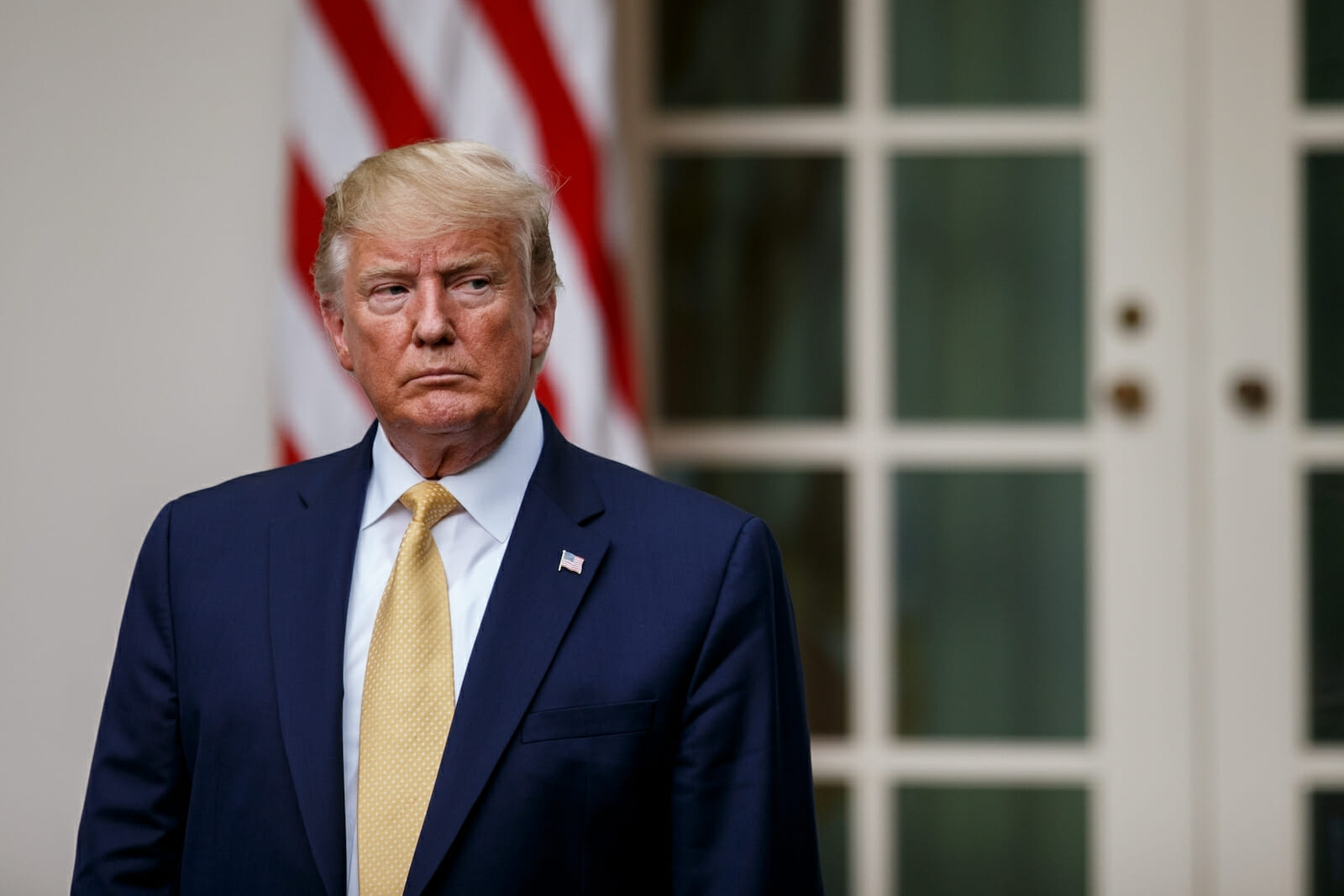
Is Death Good for the Economy?
No Americans have asked this question publicly…yet, but I’m sure that I’m not the only American who has thought about it. I also suspect that some Americans have not only thought about it but arrived at an answer: “yes.” I will call them “policymakers” as the policies they want America to pursue, indeed some of the policies that have already implemented, embody their answer. You will never be able to drag a “yes” out of them, of course. Just a bunch of familiar homilies like “even one American death is too many!” or excuses like “hey, they were all old and sick so they would have died anyway. Happens every winter.” Or “if we don’t get the economy up and running pronto more people will die than the flu could ever kill.” And, if none of those excuses work you can always fall back on the time-honored political strategy of changing the subject to something like “it’s all a fiendish Chinese plot” which is a readymade non-answer to just about anything.
It is clear to me that Donald Trump is already among the “yes men.” He’s all over the place as usual. Talking out of both sides of his mouth, often in the same sentence. But the real Donald Trump, if indeed there is such an animal, has always put money and power above all else, and has always considered human beings as disposable. In addition to his usual useful fanatics, he also has much, though by no means all, of big money and big business on his side. To be sure “the economy” or “human life” is a tough decision. Much tougher for the poor and powerless than for the rich and powerful. At worst, the richest families and corporations will lose money. At worst small business owners will lose money and their businesses. The poor are already being asked to choose between destitution and the possible death of themselves, some of their family members, and the general public.
Social distancing, a history-tested method for controlling epidemics, is already collapsing like a house of cards even though it has been proven effective. There has been a fog of rhetoric about “fine-tuning” and reinstating controls if “the numbers” go off track. But states where the numbers never were on track in the first place were among the first to abandon it. And as for fine-tuning, try to fine-tune the system while some heavily armed thug is threatening you. Not to mention the fact that the rules of social distancing could never have been effectively enforced in the first place. The only way it could have been made to work is on a voluntary basis, and a vast majority of Americans would have had to volunteer. To expect a vast majority of pathetically divided Americans to volunteer for anything these days is delusional.
What comes next then? If enough people die will it revive the economy? How many is enough? Is there a trade-off? A million deaths for a million saved or revived jobs? Could the deaths of all those old folks be a plus? Maybe we could get rid of Obamacare, or even Social Security and Medicare? What is the bottom line on human suffering? How about the rest of the world? The U.S., with 4% of the world’s population now has one-third of the world’s coronavirus cases and one-fourth of coronavirus deaths. What if the rest of the world catches up with us? It doesn’t sound like an economy booster to me, but I’m not an Economist.
Now that we are throwing out the one strategy that produced predictable results nothing left goes much beyond speculation. A vaccine? Surely there will be one, but when, and how many millions will die before it can be deployed in a billion or more doses? Will a long hot summer kill the virus? Will it return next fall? Will enough hard-partying young people be infected and survive to quash it? Will surviving a bout of the flu protect those who have had it from future infection? Will we ever know how many people have had it since some show no symptoms? Trump and his “yes men” may have answers to those questions. But the only thing Americans can be sure of is that their answers will not be the truth.

